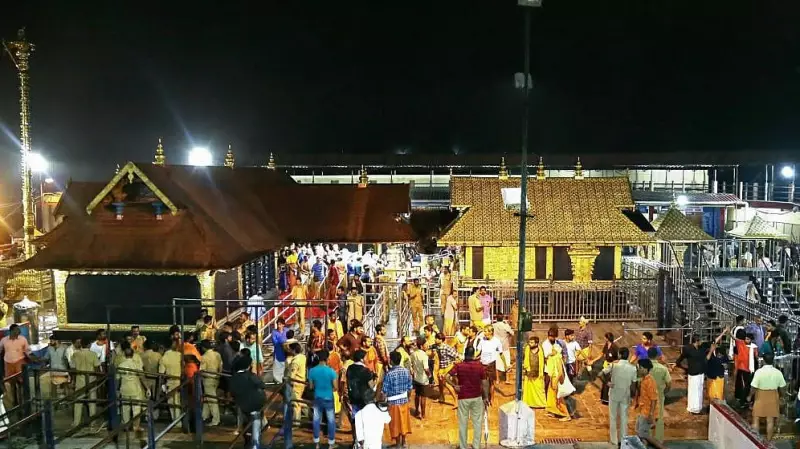
The recent theft of gold ornaments from the sacred Sabarimala temple has sent shockwaves through the devotee community, raising urgent questions about the management of one of South India's most revered pilgrimage sites. This incident isn't just about missing precious metal—it's a symptom of deeper systemic issues plaguing this spiritual destination.
The Heart of the Matter: Beyond the Gold Theft
While the stolen gold has captured headlines, the real story lies in the underlying challenges facing Sabarimala. The temple, which attracts millions of devotees annually, struggles with:
- Outdated security protocols and surveillance systems
- Inadequate crowd management during peak seasons
- Insufficient infrastructure to handle the massive pilgrim influx
- Bureaucratic hurdles in temple administration
A Vision for Modern Pilgrimage
Transforming Sabarimala into a world-class pilgrimage center requires a balanced approach that respects tradition while embracing modernity. Key improvements could include:
- Enhanced Security Infrastructure: Implementing state-of-the-art surveillance, access control systems, and professional security personnel training.
- Digital Transformation: Introducing online queue management, virtual darshan options for elderly devotees, and real-time crowd monitoring apps.
- Sustainable Infrastructure: Developing eco-friendly accommodation, better sanitation facilities, and improved transportation networks.
- Transparent Administration: Streamlining management processes and ensuring greater accountability in temple operations.
The Economic and Spiritual Imperative
Sabarimala isn't just a spiritual center—it's an economic powerhouse for Kerala. Proper management could enhance both the devotee experience and regional economic benefits. The temple's potential extends beyond religious tourism to become a model for sustainable pilgrimage management across India.
The gold theft incident serves as a wake-up call. It's time for stakeholders—including the temple board, state government, and devotee communities—to come together and reimagine Sabarimala as a pilgrimage that works for the 21st century while preserving its ancient spiritual essence.





